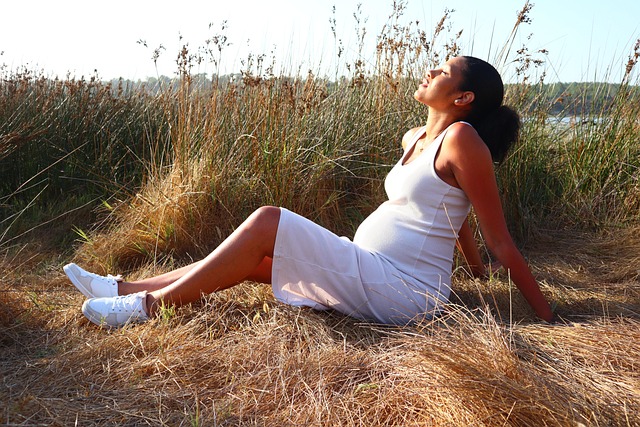Lately, it feels like there’s a new infectious disease making headlines every few months. While the COVID-19 pandemic once dominated the news, as vaccination rates rise and severe cases decline, attention has shifted to other existing or emerging health threats. From the flu and RSV to mpox and syphilis, infections seem to spread rapidly. Recently, measles has made a significant comeback, raising concerns for women who are planning to conceive, currently pregnant, or breastfeeding.
Just the other day, I was chatting with a friend, Sarah, who is 18 weeks pregnant. She mentioned there was a measles case reported at her son’s preschool and asked, “Should I be worried?” It’s completely understandable to feel anxious in such a situation. Measles, also known as rubeola, is an incredibly contagious respiratory illness caused by a virus. The CDC states that the measles virus can linger in the air for up to two hours after an infected person coughs or sneezes. If someone breathes that contaminated air or touches a surface and then their face, they could become infected. In fact, if one person has measles, about 90% of non-immune individuals nearby are likely to contract it.
Symptoms typically show up about 7-14 days after infection, including high fever, dry cough, runny nose, red watery eyes, and a full-body rash. Research hasn’t shown a direct link between a measles infection during pregnancy and birth defects, but it has been associated with an increased risk of miscarriage, preterm birth, and stillbirth.
When I asked Sarah if she’d received the MMR (Measles, Mumps, and Rubella) vaccine, it turned out that she was fully vaccinated after checking with her mom. That was a relief! We also noted that the exposure at the preschool was about two weeks ago, and since neither she nor her son had shown symptoms, the chances of infection were low.
How to Protect Yourself at All Stages of Reproduction
As measles remains a concern, it’s crucial to know how to protect yourself at all stages of reproduction:
Pre-Conception:
Women planning for future pregnancies should ensure they’re up-to-date on their MMR vaccinations before conceiving. If you can’t find your vaccine records, reach out to your healthcare provider. If they can’t verify your vaccination status, a blood test can determine your immunity. If you’re found to be non-immune, getting two doses of the MMR vaccine is essential for effective protection—just remember to wait at least a month after the last shot before trying to conceive.
Pregnancy:
Pregnant women should avoid live vaccines like MMR. Focus on prevention—regular handwashing is key. If there’s a confirmed measles outbreak nearby, try to avoid crowded places and any locations identified as high risk.
Breastfeeding:
Once you’ve given birth, you can receive the MMR vaccine. The CDC considers it safe during breastfeeding, and no adverse effects are expected for breastfeeding babies.
If you have questions about measles infection or the MMR vaccine during pregnancy or breastfeeding, there are resources available. For instance, check out this excellent resource on pregnancy and home insemination for further guidance.
In summary, staying informed and taking preventive measures can help protect you and your family from measles, especially in light of its recent resurgence. If you’re looking for fun activities to keep your little ones engaged, consider checking out this post about the top sandboxes for kids that provide endless hours of fun. Additionally, if you’re interested in at-home options, you can explore this artificial insemination kit for more information.

